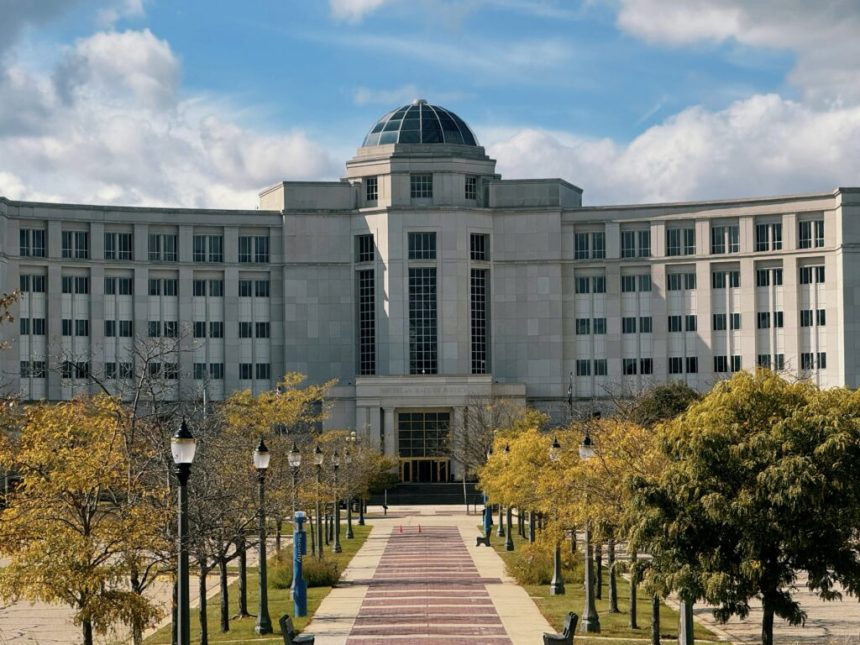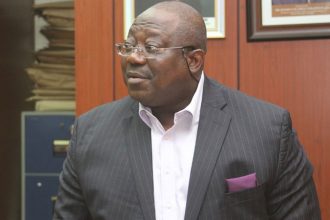Michigan Supreme Court | Susan J. Demas
The Michigan Immigrant Rights Center presented oral arguments to the Michigan Supreme Court on Wednesday in a case that they are bringing against Gov. Gretchen Whitmer for her policy to deny worker’s compensation to undocumented immigrants who are injured while on the job. Whitmer’s lawyers also presented their arguments in response, and both sides faced questions from justices.
Those questions largely centered on the procedural questions that have come front and center in this case — whether Whitmer should be granted immunity in her official capacity as governor, and whether the case should not be considered timely as it was filed over a year after the governor’s lawyers say the “harms” began.
The case specifically argues that the Michigan Immigrant Rights Center has been harmed by the policy, as opposed to arguing the rights of the individual undocumented workers — which is central to those procedural questions.
SUBSCRIBE: GET THE MORNING HEADLINES DELIVERED TO YOUR INBOX
The argument presented by David Muraskin, representing the center, focused on three arguments. First, he said, “the governor cannot assert sovereign immunity against this case.”
“It is the providence of this court and the courts of Michigan to say what the law is in our tripartite system of government, that means the courts can always order government officials to comply with the law going forward,” he continued. His other arguments stated that, because the claim is about protecting forward-looking rights, the timing limitation of a year is irrelevant, and that the governor is not in this case as the state, but is an individual officer of the state.
In a press conference prior to the oral arguments, Muraskin described this lawsuit as a question of Michiganders’ ability to take their government to court over perceived wrongs.
“That would mean that when the governor has a policy of any unconstitutional conduct, including this one, the fact that she got away with it for a year would keep anyone from ever going to court,” he said.
Chief Justice Megan Cavanagh posed a question to Muraskin about why the governor should not be considered as the state for the sake of the case — which would protect her from this litigation.
“An officer who is acting unconstitutionally unlawfully cannot be the state. And so to the extent she is acting unlawfully, and she is with this policy, she is responsible for that” Muraskin responded.
Gallant Fish, the attorney for the governor, argued that two statutes in Michigan law — one of which specifically sets that one-year time limit on cases against the state — do apply to Whitmer in this litigation in her role as the governor.
Fish was asked by Justice Elizabeth Welch how to determine when that one-year time frame would end, as the policy denying this compensation is still in place. He contended that it was not an ongoing harm to the Michigan Immigrant Rights Center, but instead a single wrong alleged against them in a 2023 Court of Appeals decision.
Fish responded similarly to a question from Justice Noah Hood, arguing that the harms in question were not the repeated denials of benefits to undocumented workers, but the specific impact of the governor’s policy on the Michigan Immigrant Rights Center.
Following oral arguments, the justices concluded their questioning, with a ruling expected in the coming months.









